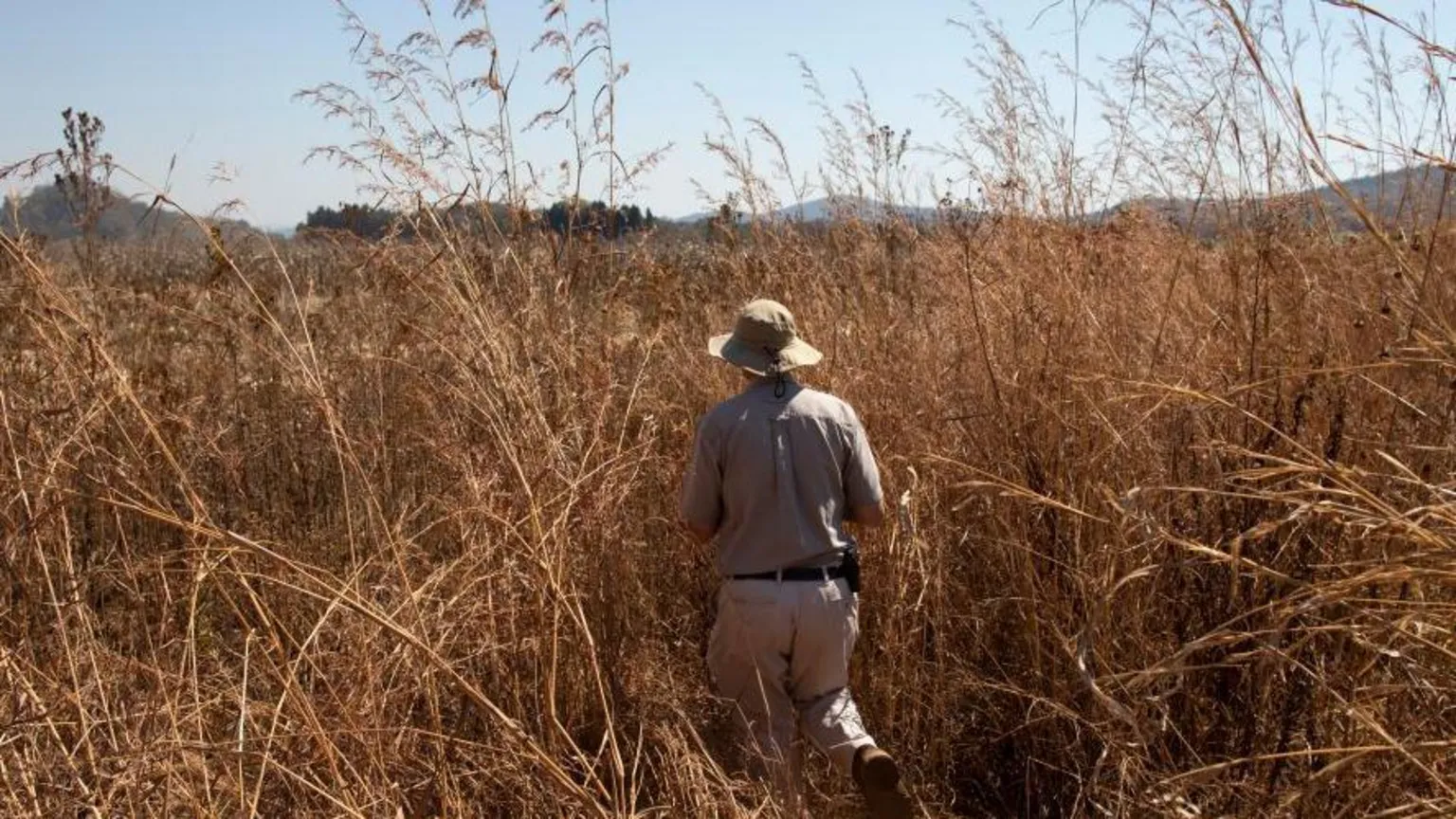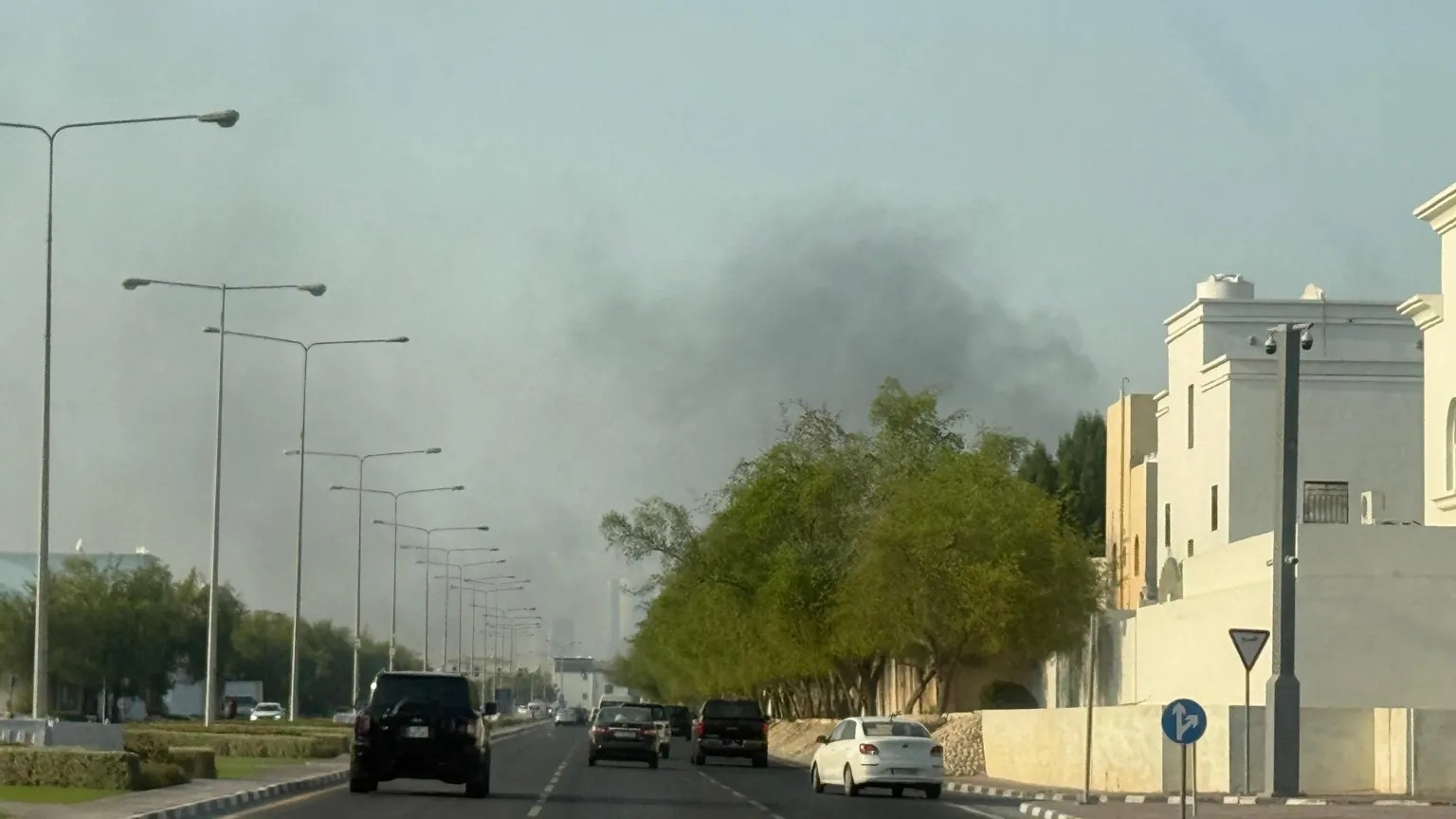Zimbabwe’s Historic Step: Government Unveils $3 Million Compensation for White Farmers After Turbulent Land Reforms
- by Manuga, Zimbabwe, RNG247
- about 6 months ago
- 243 views

In a significant move marked by decades of tension and contestation, Zimbabwe's government has announced an initial compensation payout of US$3 million (£2.3 million) to white farmers whose properties were seized under a controversial land reform program that began over 20 years ago. This payment comes as part of a larger effort to honor a compensation agreement established in 2020, where Zimbabwe pledged a total of $3.5 billion (£2.6 billion) to compensate for the expropriated farmland.
The government's announcement on Wednesday is the first disbursement under this agreement, specifically addressing the first 378 of 740 farms that have been approved for compensation. This initial payment represents a mere 1% of the total $311 million earmarked for the first round of compensation.
Finance Minister Mthuli Ncube outlined the government's commitment to economic reform and reparation during a press briefing. "One of our commitments as we try to reform the Zimbabwe economy, to clear our arrears, is really to compensate the former farm owners who lost their farms during the land reform programme," he stated. "We have now begun to honour that agreement."
However, despite the government’s efforts, the response from former farmers has been mixed. Harry Orphanides, a representative for the farmers, indicates that there is a growing interest among farmers to participate in the compensation scheme. Yet, a substantial number of former landowners remain hesitant, still holding onto their title deeds as negotiations continue.
Crucially, the compensation model devised by the government only covers "improvements" made on the land itself, explicitly refusing to provide compensation for the land taken, which it deems was illegitimately acquired by colonial forces. This refusal emphasizes the government's stance on the historical context of land ownership and its focus on reparations rather than reversing land reforms.
In January of this year, Zimbabwe also initiated compensation processes for foreign investors whose farms were safeguarded by bilateral investment treaties, further complicating the landscape of land ownership and compensation in the country.
The roots of Zimbabwe's tumultuous land reform trace back to its independence in 1980, when the nation sought to correct colonial injustices by redistributing land from white farmers, who controlled most of the fertile land, to black Zimbabweans. The program intensified under former President Robert Mugabe in the early 2000s, during which government-backed invasions prompted violent confrontations and widespread unrest, resulting in severe economic repercussions and eroded international relations.
Current President Emmerson Mnangagwa, who succeeded Mugabe after a coup in 2017, has made efforts to mend relationships with Western nations, acknowledging the complex legacy of land reform. He has stated that while the issues surrounding land reform cannot be reversed, paying compensation is a vital step toward reconciliation with the international community.
As Zimbabwe seeks to reintegrate into the global financial system after years of isolation, analysts suggest that these compensation payments could signify a pivotal moment in rebuilding trust with Western nations and mitigating potential international legal actions against the Zimbabwean government.
The road ahead remains complex, but with this initial compensation payment, Zimbabwe takes a tentative step towards addressing past injustices and fostering a more inclusive economic future.
















0 Comment(s)